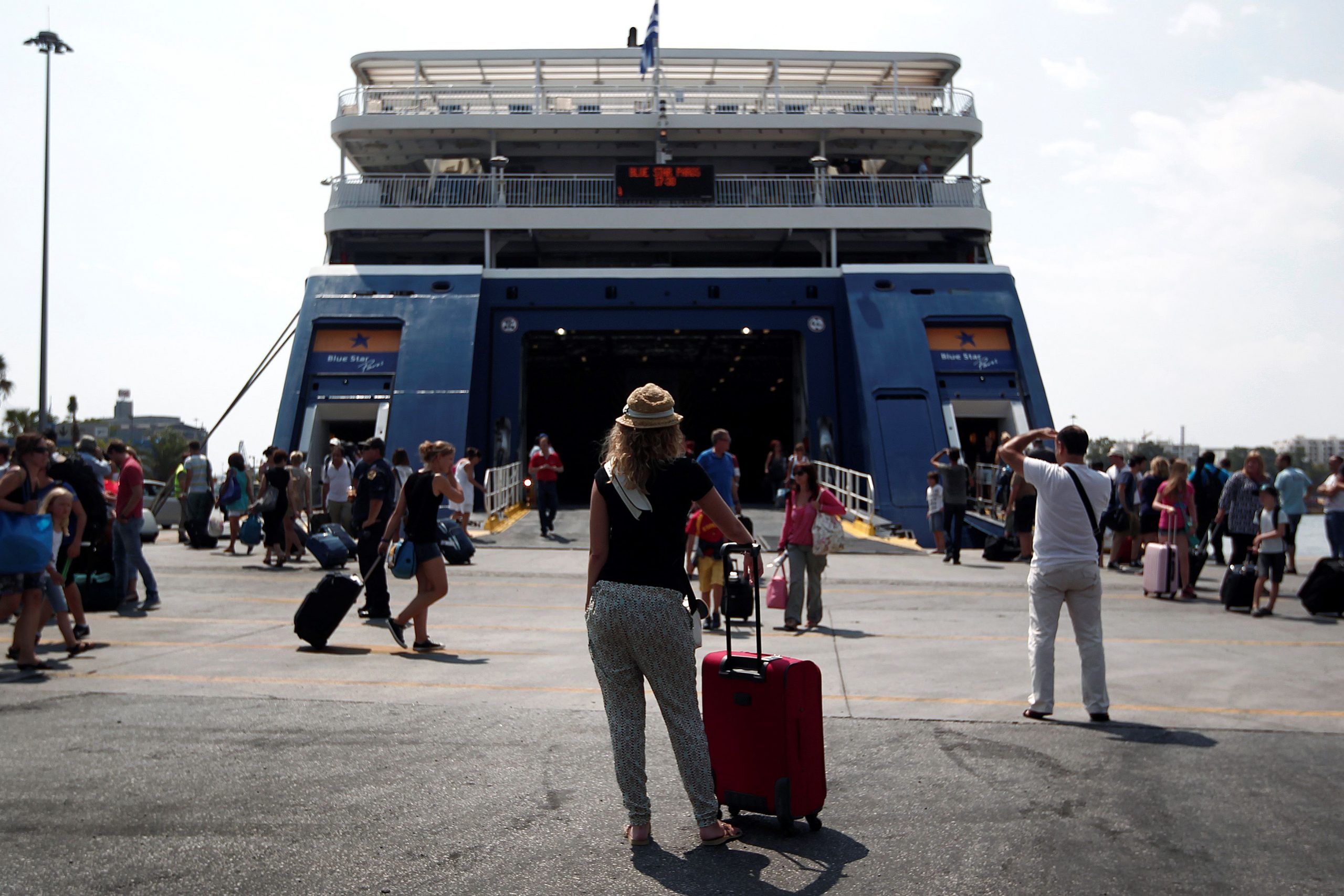While nearly 14 million people in the United Kingdom have already booked trips abroad in 2024, their peers in Greece appear to still cling to the notion of “last-minute” holidays.
According to an American Express study in the UK, in fact, the average expenditure of a British holiday-maker per booking in 2024 has already reached 1,745 pounds – and with Greece figuring prominently in fourth place in terms of their overseas preferences, or 10% of the total.
Additionally, the same study has Britons over the age of 18 planning two vacations in 2024, on average.
A similar trend and characteristics is observed with other European vacationers and travelers.
Nevertheless, what other Europeans are doing, primarily through tour agencies and online booking platforms, isn’t being done by Greek holiday-makers.
According to tourism sector analysts in the east Mediterranean nation of roughly 10 million, one reason is that roughly 7,500 hotels that operate only during the summer season in Greece are closed, meaning that’s extremely difficult for a local tourist to directly book a package for a popular destination. Residents in Greece would have to more-or-less rely on a foreign travel agency or online platform to book a holiday package in their own country.
One reason for the lack of domestic tour agencies booking summer holidays for Greek customers is that the latter are famously known for avoiding early bookings and vacationing mostly in August. Additionally, as all of the data shows, Greeks also like to directly book hotel rooms and other vacation dwellings.
This behavior partially answers a long-standing question asked by southern Europeans across the Mediterranean, namely, why they pay more for popular summer destinations than British, German and other northern European vacationers?
The obvious reason isn’t that Greek, Italian and Spanish operators want to necessarily “fleece” their compatriots.
Rather, tourists from northern Europe usually book their summer holiday very early, with their respective tour agencies and booking platforms subsequently purchasing accommodations – and air fare – on a wholesale basis. For tourism operators, this means down payments and precise expectations of upcoming revenues.



